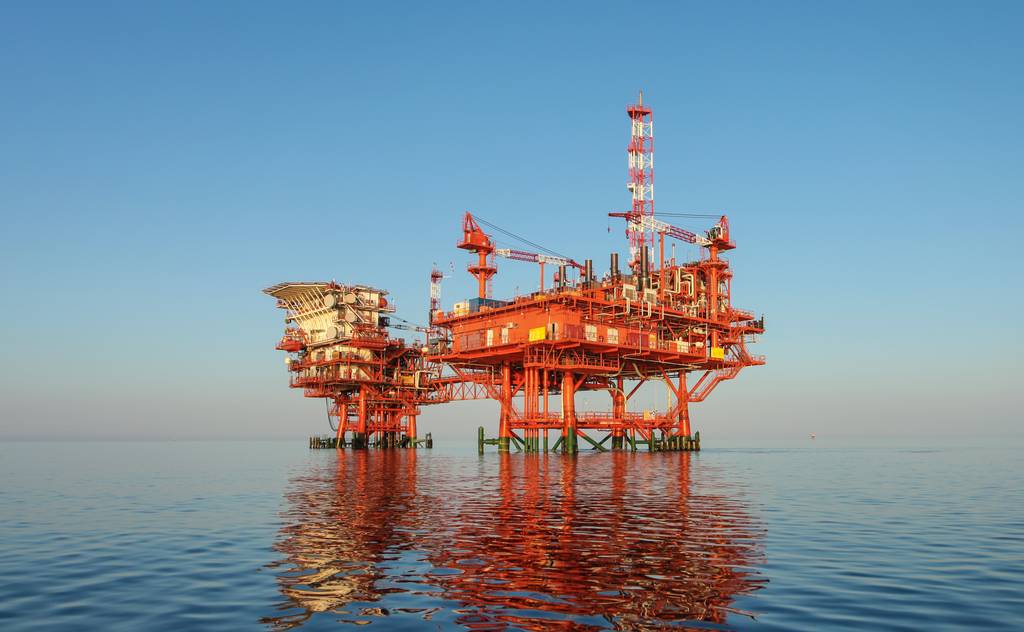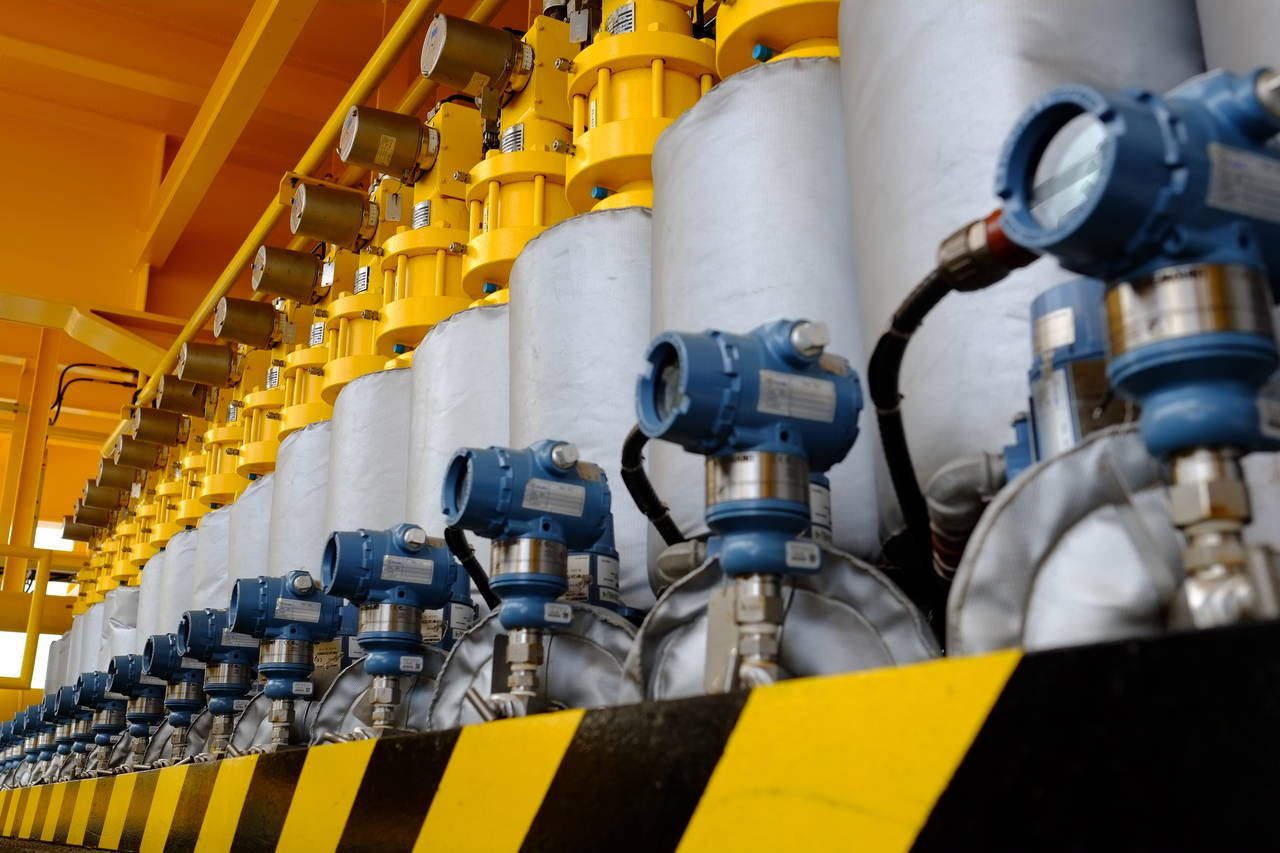Senegal’s Oil Reserves Reveal Their Riches

International oil companies (IOCs) are turning their eyes to Senegal following the discovery of unexpectedly large reserves of offshore oil. Malaysia’s Petronas is the latest company to join the increasing line-up of investors attracted by these reserves.
Since the 1950s it has been known that Senegal possesses oil reserves, but only recently has the full extent of those reserves emerged. In 2014, the British company Cairn Energy began to report significant oil reserves in the blocks it had been licensed to explore. The SNE field was indeed reported to be the largest oil discovery worldwide that year. It soon became clear, not only that the reserves were of a size sufficient to justify commercial development, but that there might be even greater potential lying unexplored in adjacent fields. This led the French oil conglomerate Total to sign a concession agreement for the exploration of a deep-water field in 2017, in which it has now been joined by Petronas.
Oil exploration is a risky and highly specialised activity, which requires geological expertise, technical prowess and financial strength. Many states, especially in Africa, do not have those capacities themselves and thus rely on partnerships with IOCs. To this end, they grant exploration licences and enter into production sharing agreements. Risk and expenditure are borne by the IOCs, with the state receiving a share of the surplus according to the terms of the agreement. Projects are generally joint ventures involving several players with complementary expertise. In Senegal’s Rufisque Offshore Profond exploration block, for instance, Total is the main operator with a 60 per cent stake, while Petronas has a 30 per cent stake and Senegal’s national oil company, Petrosen, a 10 per cent stake. The IOCs generally operate through local subsidiaries set up specifically for that purpose.

Partnerships sometimes go beyond operational activities to cover the development of human resources, for example. Petronas has a training centre in Malaysia, the Institut Teknologi Petroleum Petronas (INSTEP), which offers customised learning progammes for the oil and gas industry. Senegal’s ambassador to Malaysia, speaking at an Africa Day event in Kuala Lumpur in July, expressed the hope that Senegalese citizens would be able to benefit from the training offered by INSTEP.
With large-scale oil production in sight, the prospect of an oil boom in Senegal has become a reality. As the country’s oil economy grows, opportunities will open up for the local population and businesses, so a skilled local workforce needs to be ready to take advantage of those opportunities. More widely, there are calls, not only in Senegal but in many sub-Saharan countries, for local interests to be better served by Africa’s economic development. The days of attracting investment at any price are over. Now, a more equitable distribution of the benefits, respect for the environment and the creation of local job opportunities are also high on the agenda, as is the need to protect against corruption. Indeed, there is talk of legal reform to better address such issues in Senegal’s petroleum code, now twenty years old.
It is still early days to predict the full impact oil discoveries will have on Senegal’s economy. What is certain is that it is a growing sector, whose potential for investors and specialised suppliers of facilities and services will expand as development moves from exploration to extraction, refining, storage, transportation and marketing. The fallout will be far-reaching, not only within the oil sector itself, but also in related sectors such as construction, transport and power, as well as the many industries that use by-products of petroleum.
While the opportunities are great, so too are the challenges. It is important, therefore, to have informed legal advice when making decisions on such matters as appropriate business structures, funding arrangements, joint venture agreements, bidding procedures, and compliance with environmental, employment and anti-corruption regulations and practices. With experience in the field across the whole of sub-Saharan Africa, John W Ffooks & Co prides itself on being able to offer such advice.
Sources
- Offshore, Petronas joining Total in offshore Senegal block
- Stream Africa, Senegal: Oil production in 2019-2020
- Cairn, Senegal
- oilandgaspeople.com, FAR set to farm-in on Senegal Djiffere block
- Le Parisien, Pétrole: Total obtient une concession au large du Sénégal
- FMT News, Senegal wants to ‘copy’ Malaysia in oil, education, city-planning and Islam
- Agence Ecofin, Sénégal : le pétrole du champ SNE est commercialement viable
- offshoreenergytoday.com, Senegal: Resource upgrade for SNE oil field
- le360afrique.com, Sénégal: Far Ltd annonce de nouvelles estimations des réserves de pétrole
- Teranga News, Sénégal: Le code pétrolier, un outil obsolète
